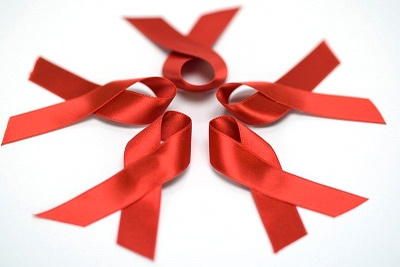
Eastern European and Central Asian countries promote better access to HIV testing for adolescents
The three-day meeting began on World AIDS Day today and coincides with the United Nations’ call for intensifying action towards the goal of ending AIDS by 2030. Reaching this goal will require renewed efforts to increase the number of people who are aware of their HIV status and connect them to effective HIV prevention, care and support services.
An estimated 1.1million HIV infections among children under 15 have been averted, according to a new UNICEF report. But AIDS mortality trends for adolescents are of significant concern aschildren aged 10-19 are the only age group in which AIDS-related deaths are not decreasing. Globally, all other age groups have experienced a decline of nearly 40 per cent in AIDS-related deaths between 2005 and 2013.
This data comes from UNICEF’s Statistical Update on Children, Adolescents and AIDS launched ahead of World AIDS. It provides the most recent analysis of global data on children and adolescents from birth to 19 years of age.
Countries of Eastern Europe and Central Asia are seeing continued increases in the numbers of new HIV infections. Yet, across Europe, at least one in three of the 2.3 million people living with HIV are unaware that they are HIV positive. Rates of late diagnosis of HIV remain high in the region. As a consequence of low uptake and late HIV testing, many who need critical anti-retroviral therapy do not receive it because they remain undiagnosed. This is especially true for adolescents, who tend to access health and social services at lower rates than their adult counterparts.
Barriers make it difficult for young people to access HIV testing and counselling services, particularly among the most marginalized: adolescents exploited for commercial sex, young injecting drug users, male adolescents who have sex with men, and adolescents living and working on the streets. These barriers include the unavailability of free testing and counseling, low awareness of the benefits of testing, the requirements for parental consent and the low perception of risks of infection.
The Tbilisi conference is reviewing the results of innovative programmes implemented during a three-year initiative supported by the EU and UNICEF to scale up HIV testing and counselling of adolescents and young people who are at the highest risk of HIV infection. During the three years of the EU-UNICEF initiative, participating NGOs and government partners reached over 73,000 adolescents and young people with important prevention and testing-related information, events and services. Of this total, close to 17,000 tested for HIV.
To consolidate future support, unite non-state partners such as community groups and other civil society organizations, and help them forge stronger cooperation with governments, the conference participants will:
1) Address factors that build resilience among adolescents and reduce their HIV-related and other risks; and discuss interventions designed to promote access to HIV testing for adolescents and youth at risk for HIV;
2) Launch a regional network of adolescent advocates as a mechanism for knowledge sharing, cooperation on critical issues affecting adolescents and strengthening coalitions of non-state and state actors in Eastern Europe and Central Asia.
Participants will also join World AIDS Day observances organized by young people in coordination with the Georgian Ministry of Sport and Youth Affairs, UNICEF in Georgia, and NGO Partners ‘Bemoni’ and the ‘Georgian Youth Development and Education Association,’ to express their solidarity with and support for young people living with HIV.